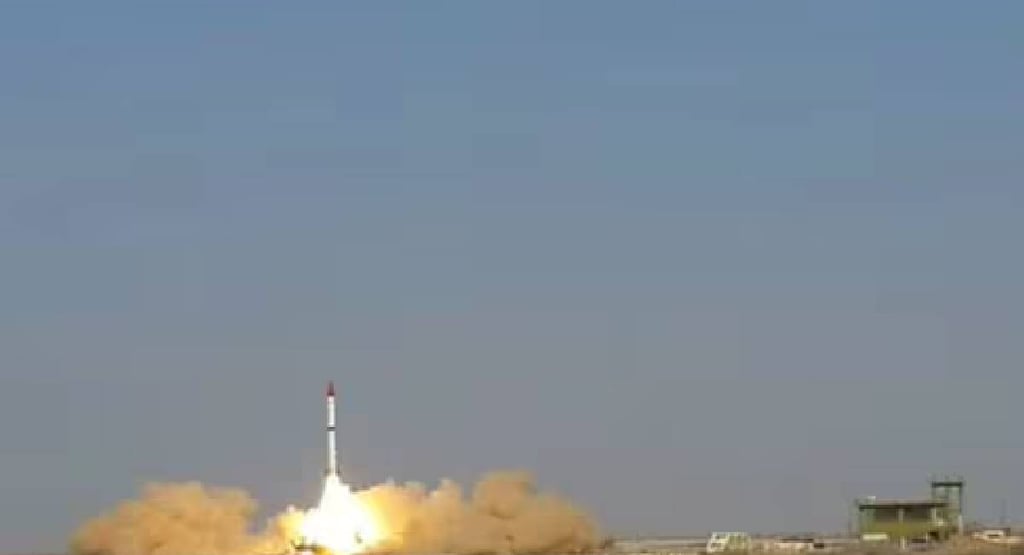US labels Pakistan’s ballistic missile program as ‘emerging threat’ amid growing concerns
Deputy National Security Adviser Jon Finer made the surprising revelation during a speech at the Carnegie Endowment for International Peace, highlighting Pakistan’s advancements in missile technology.
WORLD


A senior White House official has raised alarm over Pakistan's growing ballistic missile capabilities, calling it an "emerging threat" to the United States. The comments come amid mounting concerns over Pakistan's nuclear ambitions and its long-range missile development, which could eventually pose a risk far beyond South Asia, including to US soil.
Deputy National Security Adviser Jon Finer made the surprising revelation during a speech at the Carnegie Endowment for International Peace, highlighting Pakistan’s advancements in missile technology. He stated that Pakistan’s pursuit of increasingly sophisticated missile systems and larger rocket engines could eventually enable the country to strike targets far beyond its regional adversaries, including the United States. "If these trends continue, Pakistan will have the capability to strike targets well beyond South Asia, including in the United States," Finer warned.
The comments underscore the growing tension between Washington and Islamabad, a relationship that has deteriorated since the US troop withdrawal from Afghanistan in 2021. Finer’s statement also raised questions about Pakistan’s shifting priorities regarding its nuclear weapons and missile programs, which were originally developed as a countermeasure to India’s military capabilities.
The United States has long expressed concerns over the size of the rocket engines being developed by Pakistan, with officials stating that these advancements could enable the country to target the US in the future. However, Finer pointed out that Pakistan has not adequately addressed these concerns, dismissing US apprehensions as biased. "They don’t acknowledge our concerns. They tell us we are biased," one US official said, noting that Pakistan had failed to explain the rationale behind its development of more powerful rocket engines.
The US has responded by imposing new sanctions on Pakistan's missile program, including sanctions against the state-run defense agency overseeing the development. This marks the first time Washington has targeted the agency directly. While Islamabad defends its missile and nuclear programs as essential deterrents against India, the US is growing increasingly concerned about the broader implications of Pakistan’s military ambitions.
Experts were taken aback by Finer’s public remarks linking Pakistan's missile program to a direct threat to the US homeland. Michael Kugelman of the Wilson Center described the speech as a "mighty dramatic development," noting that such a public statement reflects the escalating tensions between the two nations.
Pakistan, which conducted its first nuclear weapons test in 1998, is estimated to possess a stockpile of around 170 nuclear warheads. Despite its strategic alliance with China and criticism of the US's growing ties with India, Pakistan’s missile program remains a point of contention with Washington. The US has imposed sanctions on Chinese entities that have assisted Pakistan’s missile development, further complicating the diplomatic landscape.
